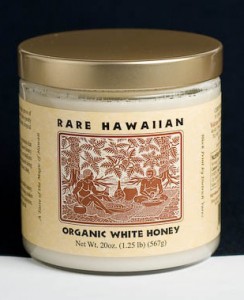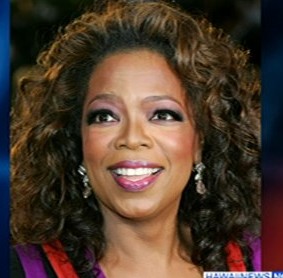‘Organic’ – Truth or Misconception, It’s Big Business
For many of us, the promise of perfect health can be enough to make us bypass the drive-through and head to the nearest health food store.
Once inside one of these fragrant establishments (how they all smell the same is anyone’s guess), we weave our way past women discussing underwater childbirth, and toward rows of organic produce. While taking care not to step on the barefoot bearded guy, we pick through piles of broccolini and kale, cobbling together enough fiber to unclog a storm drain.
After grabbing some frozen chicken that allegedly once spent its life skipping through dandelions, we head to the checkout stand to show off our custom-made canvas eco-bags. Then, sticker shock.
Perfect health is pricey, it turns out. But should you feel smug, or stupid?
It depends on who you ask. A recent study by Stanford University researchers found almost no nutritional benefits to eating foods classified as “organic” and few health benefits overall for those who choose to steer clear of non-organic food items.
The researchers were careful to mention that taste, texture, and environmental impacts were not taken into account when assessing the value of organic food products.
They did however find that organic vegetables were 30% less likely to contain residue from pesticides. For some people, that alone is enough. Perception is everything, and the public perception of organic products is starting to make a few people very rich.
Sales of organic products in the US have grown more than 800% since the late 1990s, and that trend isn’t showing signs of slowing. With industry sales approaching $30 billion annually at a national level, Hawaii finds itself in a special position to ride the growing wave of organic fervor.
Our islands already enjoy a popular perception as places of pristine beauty, where the water is clean, and beautiful people frolic in bathing suits. That kind of mental image is an asset – even if the reality may be a little different for us as residents.
For some entrepreneurs here, that opportunity is a no-brainer. From organic hydroponic greens being shipped to Japanese sushi bars, to Hawaiian honey selling at exorbitant prices on the mainland, the opportunity to profit in paradise can be sweet.
Even the biggest “O” of them all is catching onto the idea. The New York Post recently reported that none other than Oprah Winfrey had filed trademarks related to organic food production at her farm on Maui. The media mogul appears to at least be considering lines of salad dressings, prepared foods, and cosmetics. All organic, all Maui.
Whether or not organic foods hold the key to good health, growing and producing them is good business. Oprah’s organic food production could be a welcome economic boost to Maui and maybe the rest of Hawaii too – a state which exports a high proportion of the income it makes to pay for imports like food, which could be grown here.
















